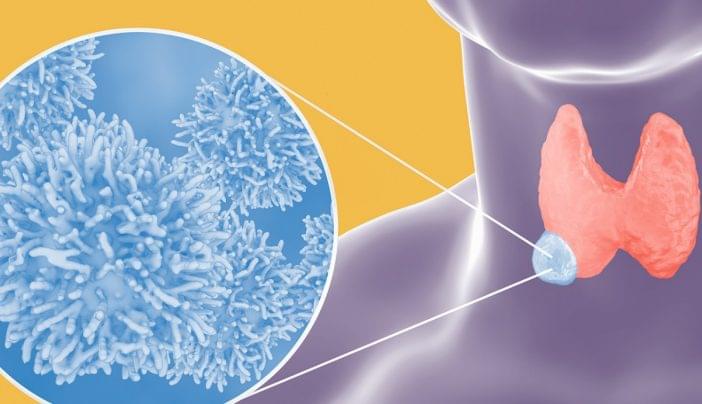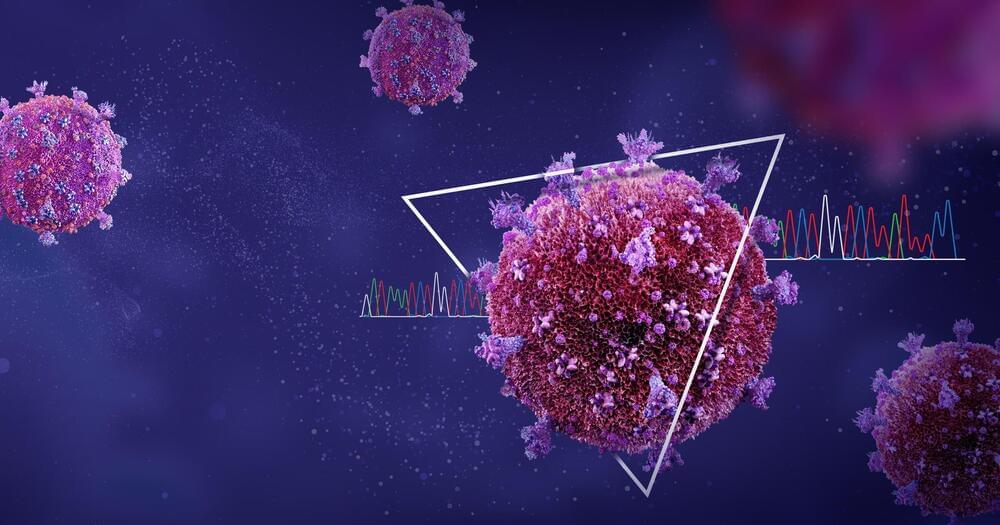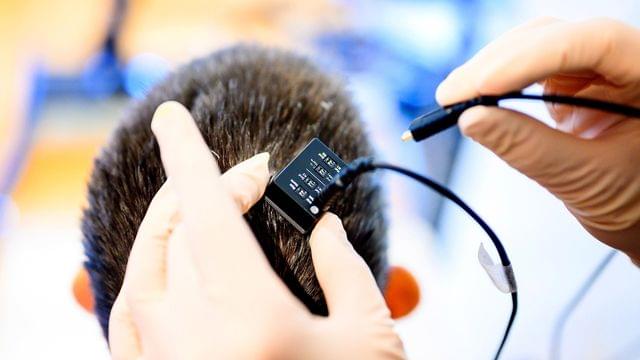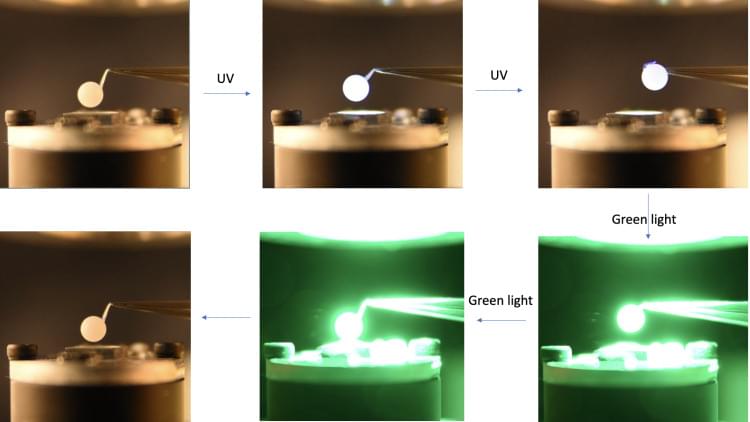Dr. Joni L. Rutter, Ph.D., (https://ncats.nih.gov/director/bio) is the Director of the National Center for Advancing Translational Sciences (NCATS — https://ncats.nih.gov/) at the U.S. National Institutes of Health (NIH) where she oversees the planning and execution of the Center’s complex, multifaceted programs that aim to overcome scientific and operational barriers impeding the development and delivery of new treatments and other health solutions. Under her direction, NCATS supports innovative tools and strategies to make each step in the translational process more effective and efficient, thus speeding research across a range of diseases, with a particular focus on rare diseases.
By advancing the science of translation, NCATS helps turn promising research discoveries into real-world applications that improve people’s health. The NCATS Strategic Plan can be found at — https://ncats.nih.gov/strategicplan.
In her previous role as the NCATS deputy director, Dr. Rutter collaborated with colleagues from government, academia, industry and nonprofit patient organizations to establish robust interactions with NCATS programs.
Prior to joining NCATS, Dr. Rutter served as the director of scientific programs within the All of Us Research Program, where she led the scientific programmatic development and implementation efforts to build a national research cohort of at least 1 million U.S. participants to advance precision medicine. During her time at NIH, she also has led the Division of Neuroscience and Behavior at the National Institute on Drug Abuse (NIDA). In this role, she developed and coordinated research on basic and clinical neuroscience, brain and behavioral development, genetics, epigenetics, computational neuroscience, bioinformatics, and drug discovery. Dr. Rutter also coordinated the NIDA Genetics Consortium and biospecimen repository.
Throughout her career, Dr. Rutter has earned an international reputation for her diverse and unique expertise via her journal publications and speaking engagements, and she has received several scientific achievement awards, including the 2022 Rare Disease Legislative Advocates–RareVoice Award for Federal Advocacy and the 2022 FedHealthIT–Women in Leadership Impact Award.
Dr. Rutter received her Ph.D. from the Department of Pharmacology and Toxicology, Dartmouth Medical School, Hanover, New Hampshire, and completed a fellowship at NCI within the Division of Cancer Epidemiology and Genetics.








